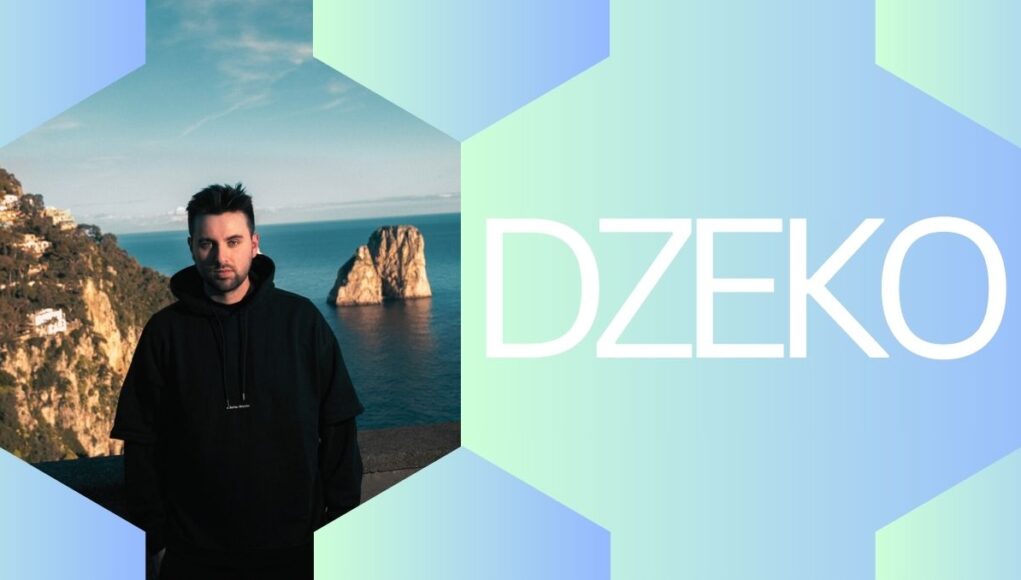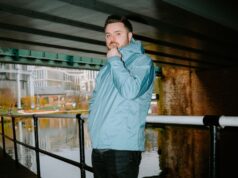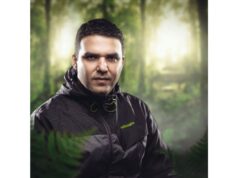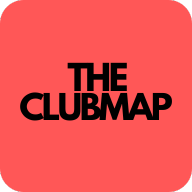Your new single ‘Wutang’ was released last week, congrats! Can you tell us more about how you made it?
Wutang‘ was an exciting project for me. I drew inspiration from various elements, including my experiences in the music scene and the energy of the crowd. The process started with crafting a catchy melody that could resonate with listeners across different settings. I met up with Lil Yachty in New York to brainstorm ideas, and then we went back and forth, bouncing ideas.
How has being from Canada inspired your music and organizing parties across the country?
Being from Canada has been important because I’ve always looked up to artists from there. We have some of the most influential artists in the world to come out of there, so it definitely keeps you inspired, such as Drake and The Weeknd. I think Canada is one of the most influential countries in the world for music.
What were your early inspirations that helped you decide to make electronic music?
My early inspirations to get into electronic music would have to be Tiesto. I started listening to his music when I was about 16. In Canada, electronic dance music was huge, especially in Toronto.
What are your musical influences from childhood?
Growing up, I was exposed to a wide range of musical genres, thanks to my diverse cultural background. From classic rock and hip-hop to electronic and pop, each genre left its mark on my musical sensibilities. Artists like Michael Jackson, 50 Cent, and Cascada were particularly influential during my formative years.
How do you handle music requests?
I normally like to play for the room. For example, you can’t always play the same set. If you’re playing at a festival, a nightclub, or a smaller bottle service kind of vibe, you have to cater to the vibe that’s in the night. I tend to still stick to electronic music during my sets with a lot of mashups.
Is it even possible to argue about musical tastes?
Music is incredibly subjective, and everyone has their own unique preferences and tastes. While discussions about music can sometimes lead to debates or disagreements, I believe it’s essential to respect and appreciate the diversity of opinions within the musical community. Ultimately, music is a form of expression that resonates with individuals on a personal level, and there’s beauty in the variety of perspectives it elicits.
Which track would run when you moved into your boxing match?
Travis Scott – „Meltdown“ featuring Drake.
Describe your sound to someone who has never heard it before.
My sound is currently shifting to be a bit more house and melodic. I’m trying to combine good vocals with pop elements but mix them with house/afro house/melodic beats.
What would you do if you weren’t a musician?
Music has always been my passion and driving force, but if I weren’t a musician, I could see myself exploring other business avenues or working in tech.
Which style of music should have the most followers? And why?
I believe that every style of music has its own unique appeal and deserves recognition and appreciation. Rather than focusing on which style should have the most followers, I think it’s important to celebrate the diversity of musical expression and the multitude of genres that resonate with different individuals. Music is a universal language that transcends boundaries and brings people together, regardless of genre or style.
What is the most important musical equipment invention of all time – and why?
I think the most important musical equipment, especially for music, would be the DAW such as Ableton, Cubase, etc. I see this as a musical instrument also because without it, you really can’t create music in this day and age. I also think the piano is one of the most important inventions because most music is created with chords, and most musicians use the piano to do so.
What would you advise to become a professional?
Becoming a professional in any field requires dedication, passion, and perseverance. In the music industry, it’s crucial to hone your craft, continuously educate yourself, and never stop pushing your boundaries. Building strong relationships within the industry, staying true to your artistic vision, and embracing opportunities for growth and collaboration are also key factors in achieving success as a professional musician.








